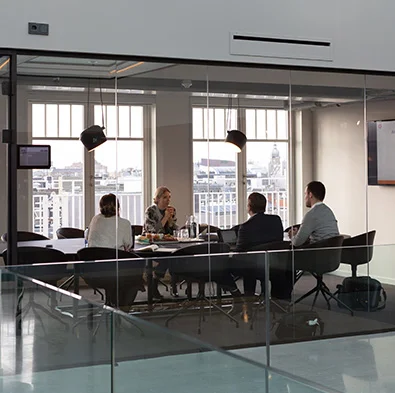The way we learn and acquire knowledge is undergoing a profound transformation. Traditional classroom-based learning, once the cornerstone of education, is rapidly losing relevance in a world increasingly driven by technology and personalized experiences. Online self-paced courses, experiential on-the-job training, and immersive simulations are replacing lectures and textbooks at breakneck speed. This shift is not limited to the corporate world; even traditional schooling is being challenged by the rise of homeschooling and remote learning, a trend accelerated by the COVID-19 pandemic.
This evolution in education is fueled by several factors. First, the digital revolution has democratized access to information and learning resources, making it easier than ever for individuals to learn at their own pace and on their own terms. Second, the increasing demand for specialized skills and knowledge requires a more agile and adaptable approach to learning. Finally, the recognition that learning is a lifelong process has led to a shift away from traditional, one-size-fits-all education models towards personalized and experiential learning experiences.

The Rise of On-Demand Learning
Online learning platforms, with their vast libraries of courses and resources, have made knowledge accessible to anyone with an internet connection. This has empowered individuals to learn new skills, explore different subjects, and advance their careers at their own pace and convenience. Within organizations, on-demand learning platforms provide employees with the flexibility to access training materials and development resources whenever and wherever they need them.
Experiential Learning: Learning by Doing
Experiential learning, or learning by doing, is gaining traction as a more effective way to acquire and retain knowledge. On-the-job training, simulations, and immersive experiences provide learners with the opportunity to apply their knowledge in real-world scenarios, accelerating skill development and improving knowledge retention. This approach is particularly relevant in today’s rapidly changing workplace, where adaptability and problem-solving skills are highly valued.
“Learning is not the product of teaching. Learning is the product of the activity of learners.”
John Holt, Author and Educator.
This shift towards self-directed, experiential learning has profound implications for organizations. To stay competitive, businesses must adapt their learning and development programs to meet the needs of a modern workforce.
Transforming Learning in Your Organization
In our experience, the 3 most successful strategies to enhance learning experiences are when firms:
- Provide personalized learning journeys: Tailor learning pathways and recommendations to individual needs and career aspirations, empowering employees to take ownership of their development.
- Invest in leadership development: Develop future-ready leaders through coaching, mentoring, and experiential learning programs that focus on building critical skills such as strategic thinking, decision-making, and communication.
- Embrace a growth mindset: Encourage a culture of continuous learning, experimentation, and improvement, where employees are empowered to embrace challenges, learn from mistakes, and develop their full potential.


By implementing these strategies, organizations can create a dynamic and engaging learning environment that empowers employees to develop the skills and knowledge needed to thrive in a rapidly changing world.
Looking to transform the learning experience within your organization? Contact us to explore how our expert consulting services can help you design and implement effective learning and development programs.
Want to find out more?
From an early stage start-up’s growth strategies to helping corporate businesses, we have done it all! The results speak for themselves. Our services work.







0 Comments
A WordPress Commenter
February 07, 2025, at 1:44 amHi, this is a comment.
To get started with moderating, editing, and deleting comments, please visit the Comments screen in the dashboard.
Commenter avatars come from Gravatar.